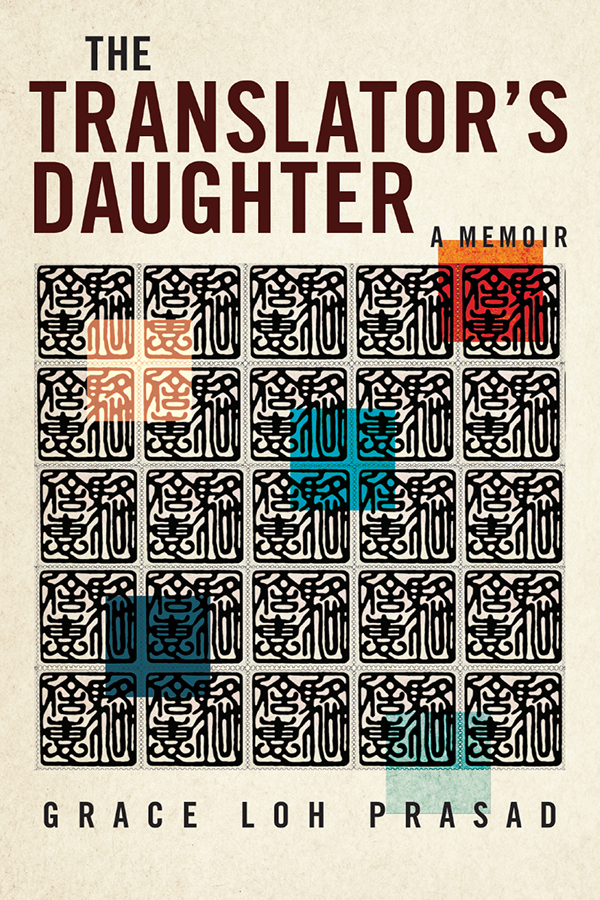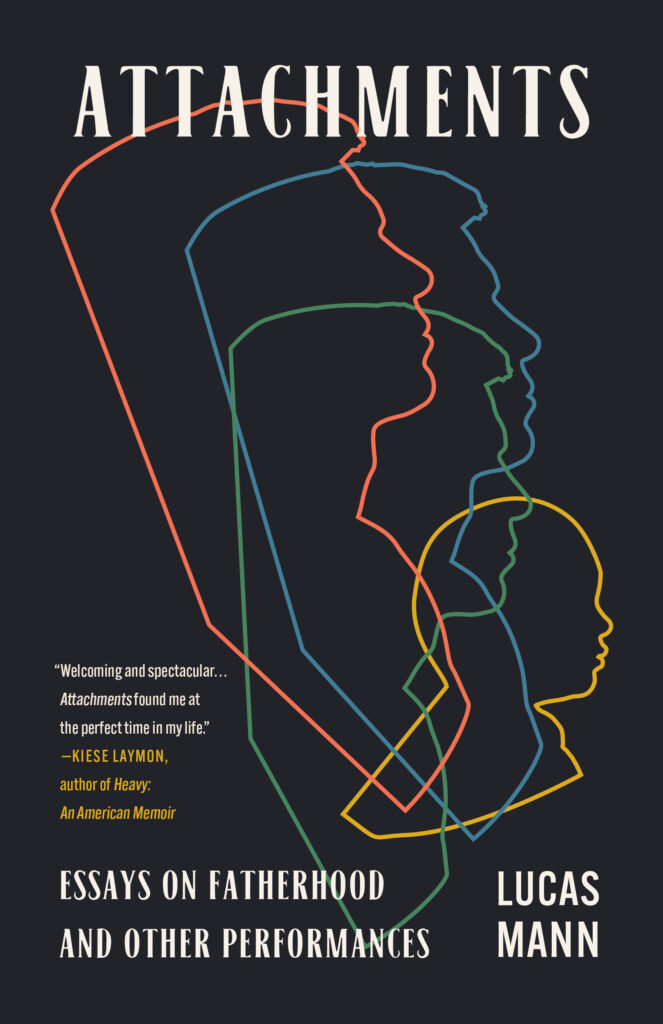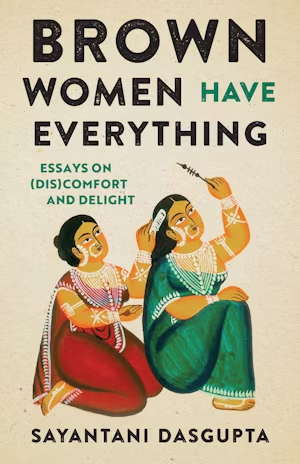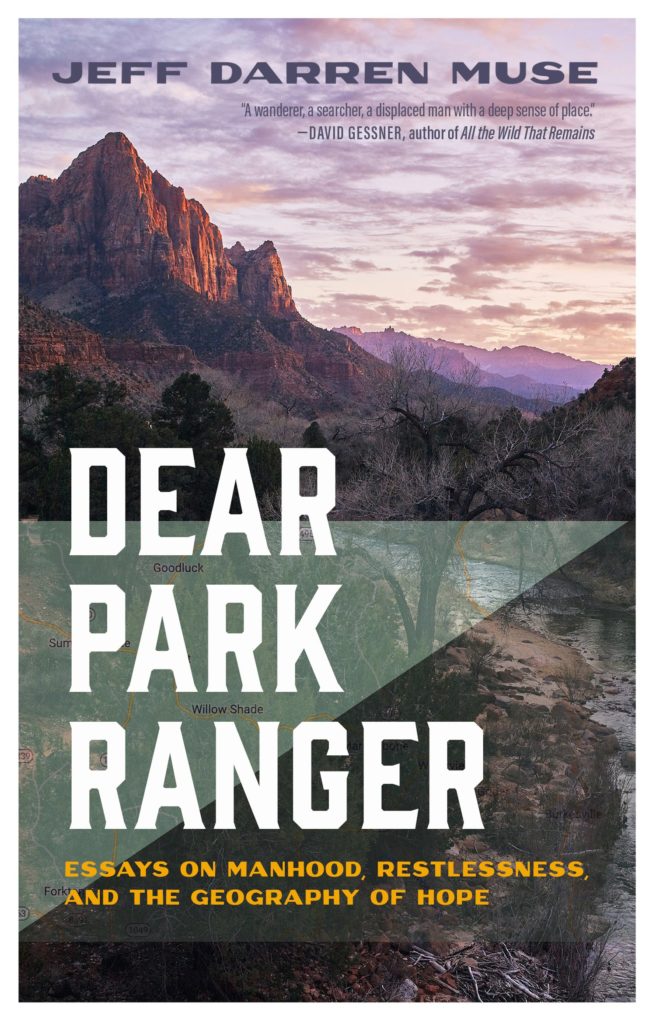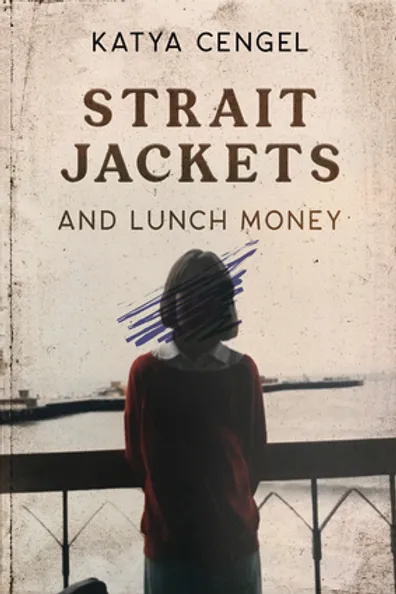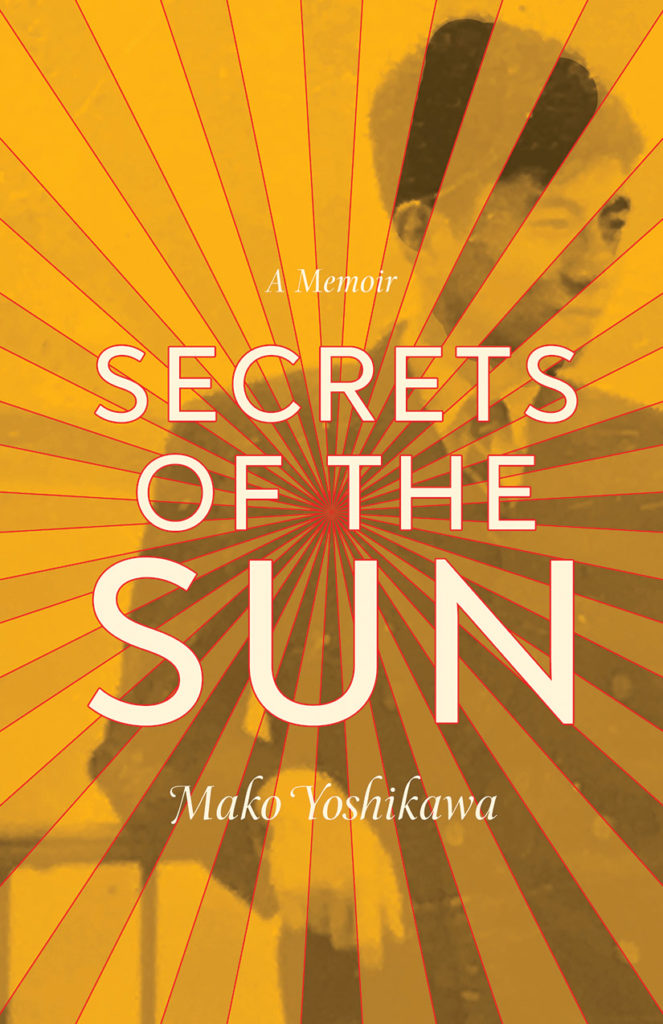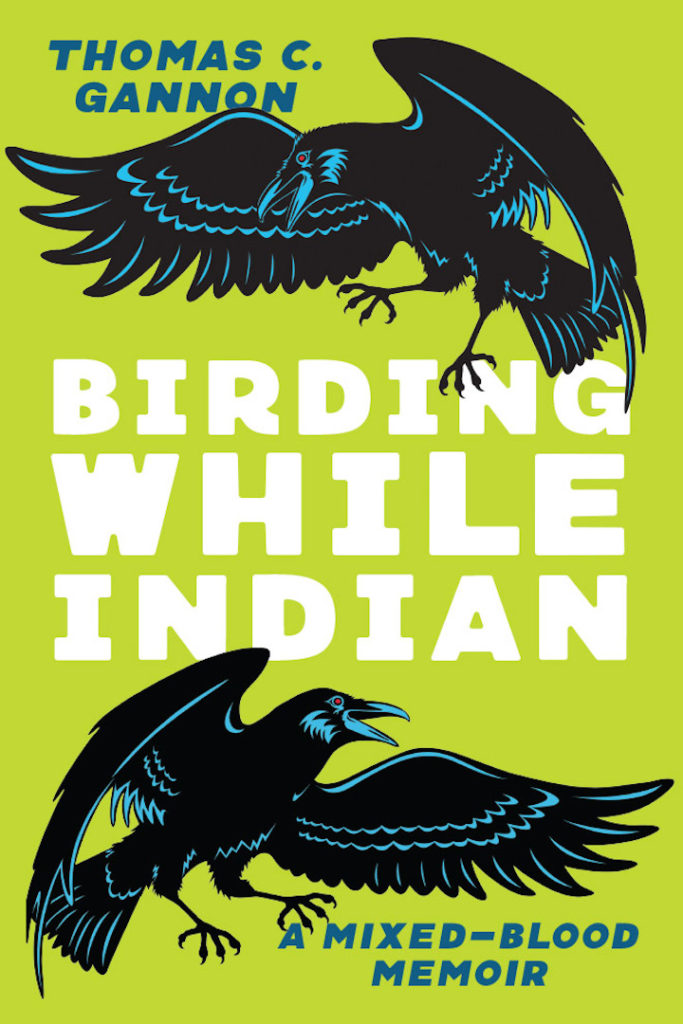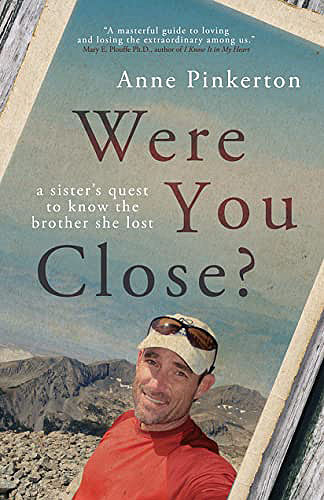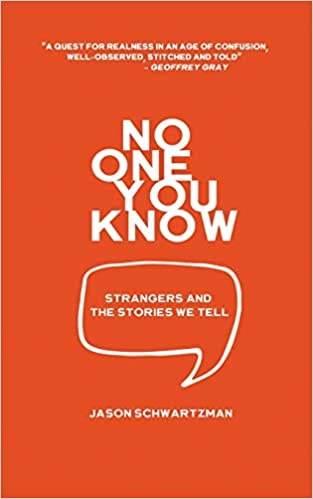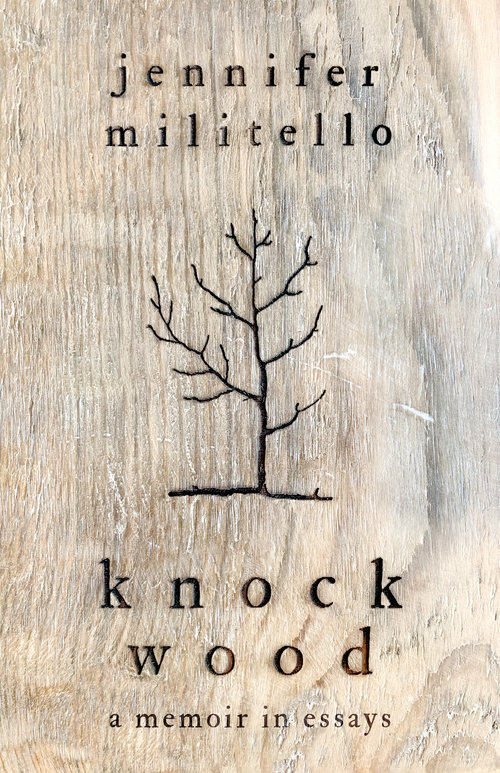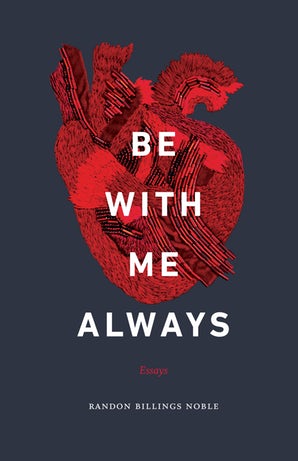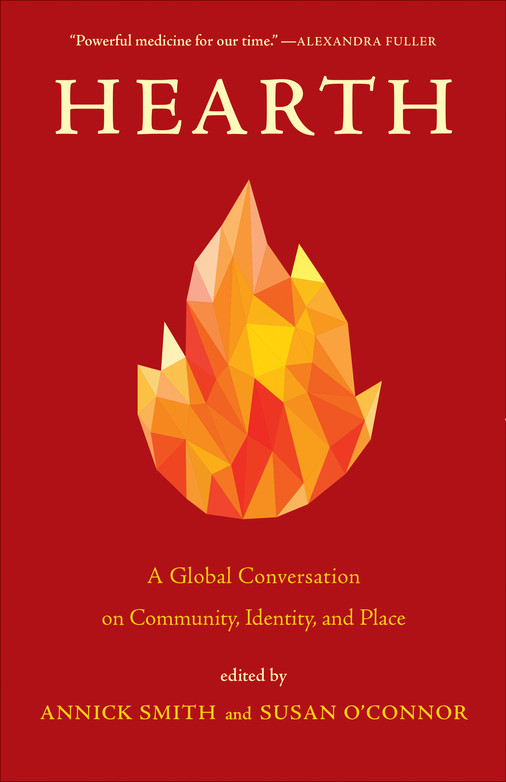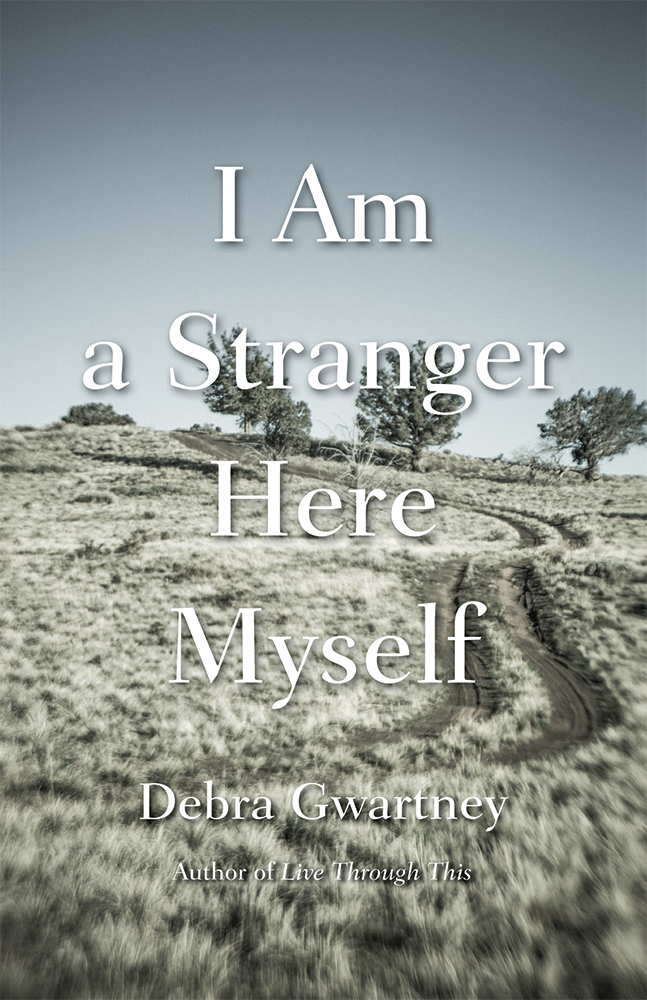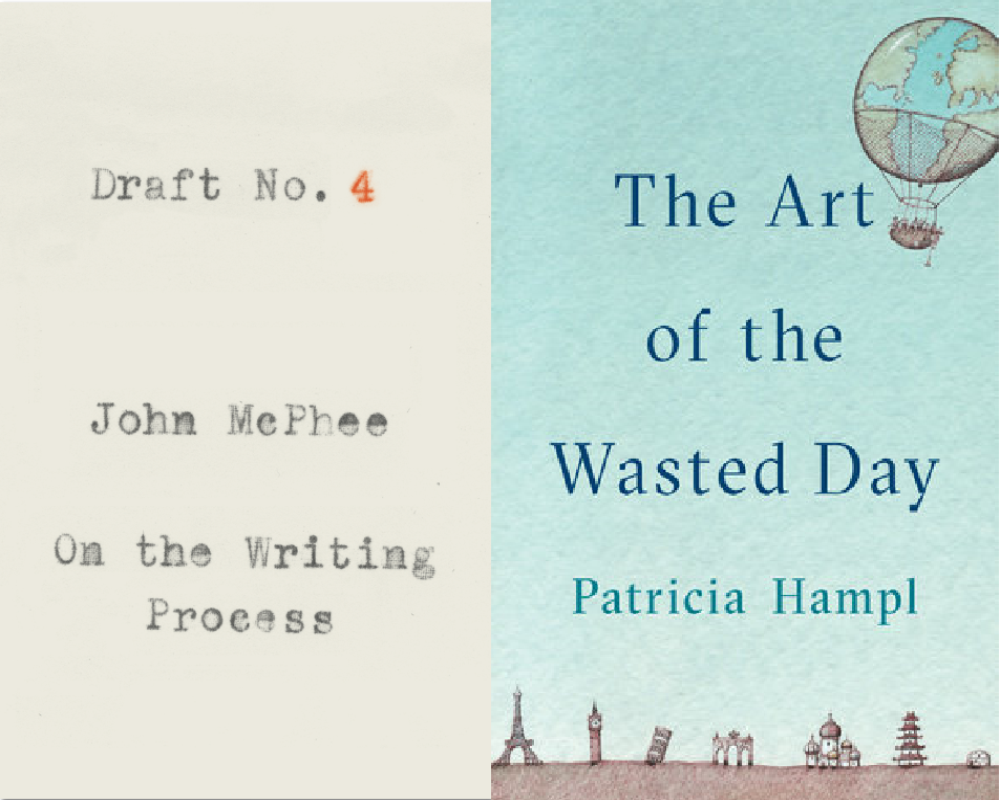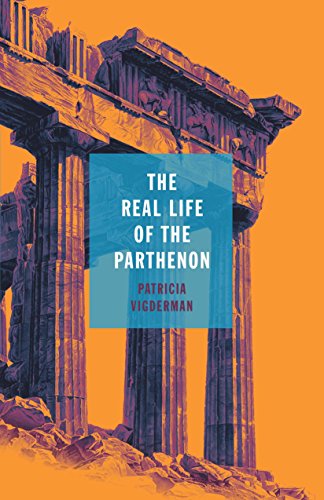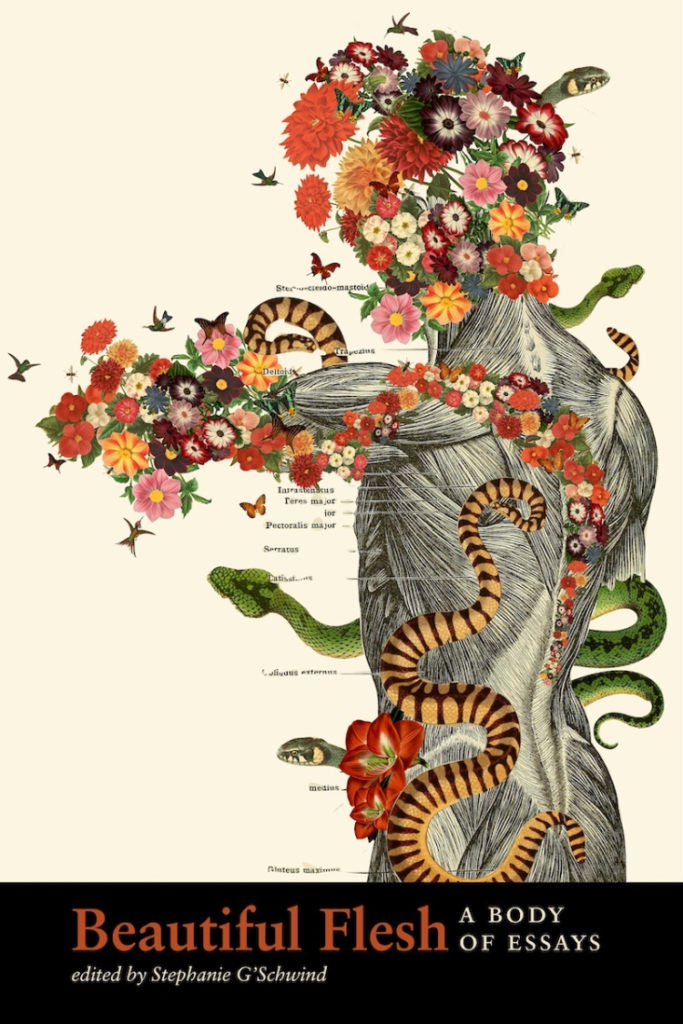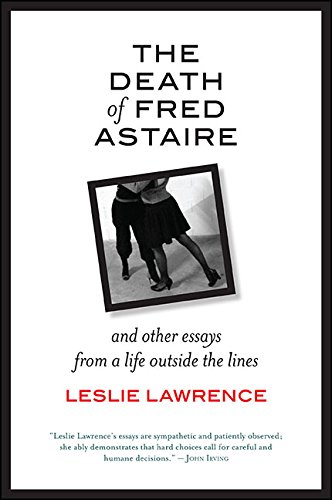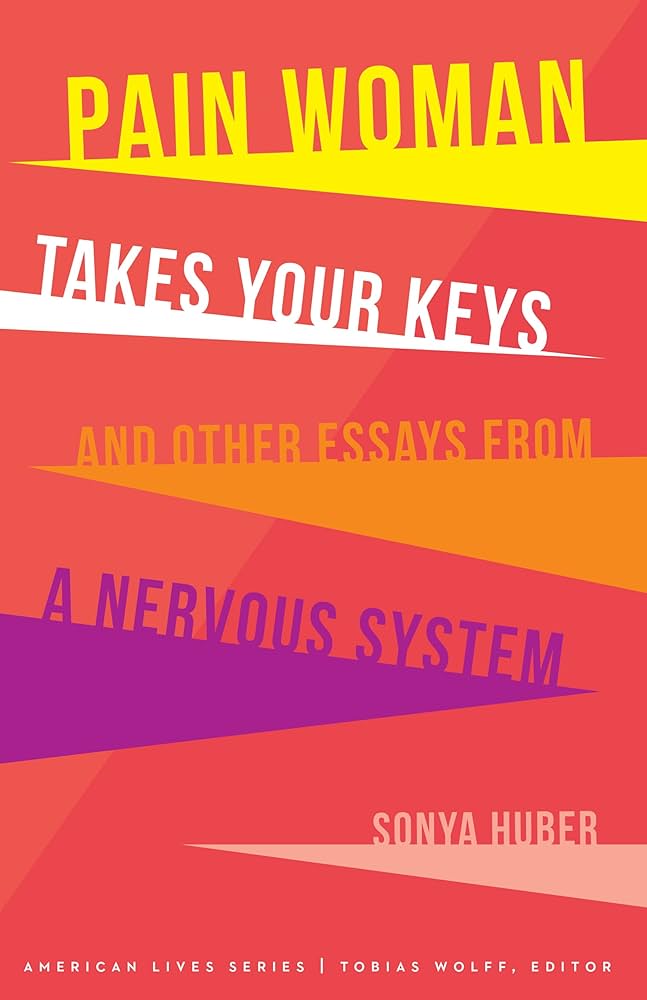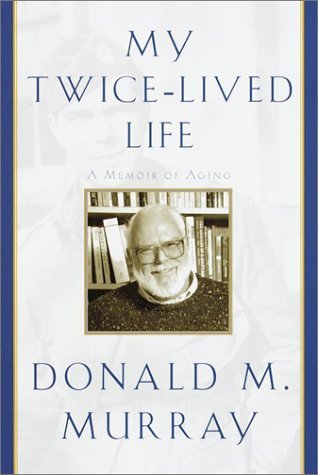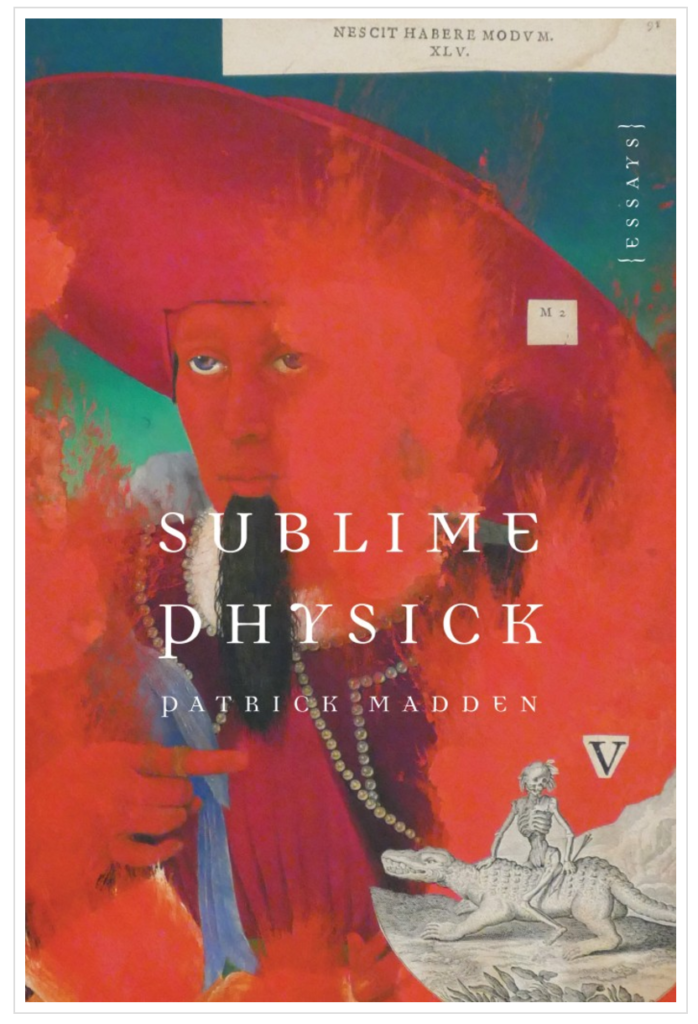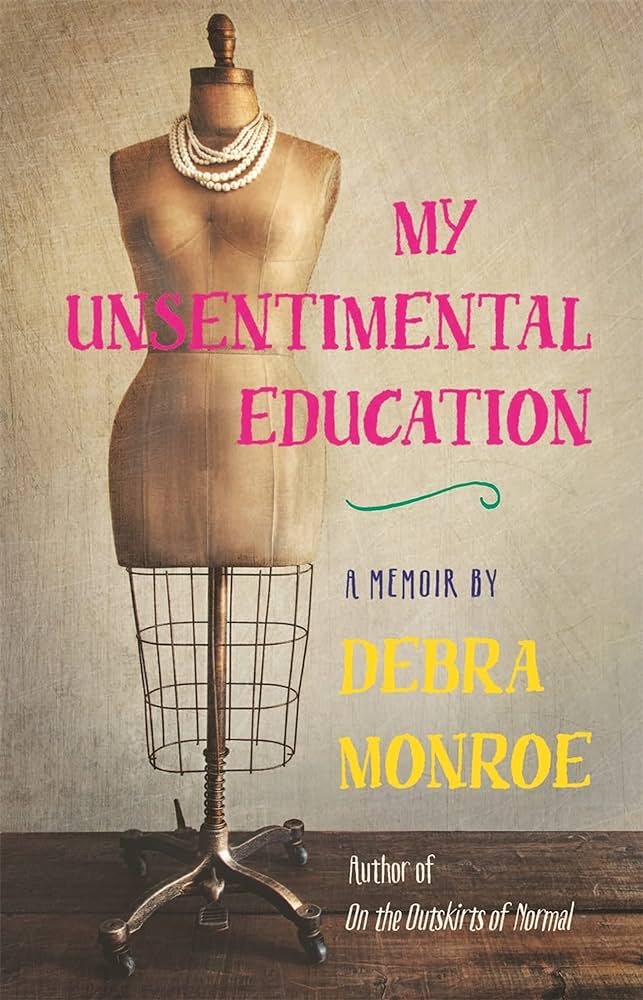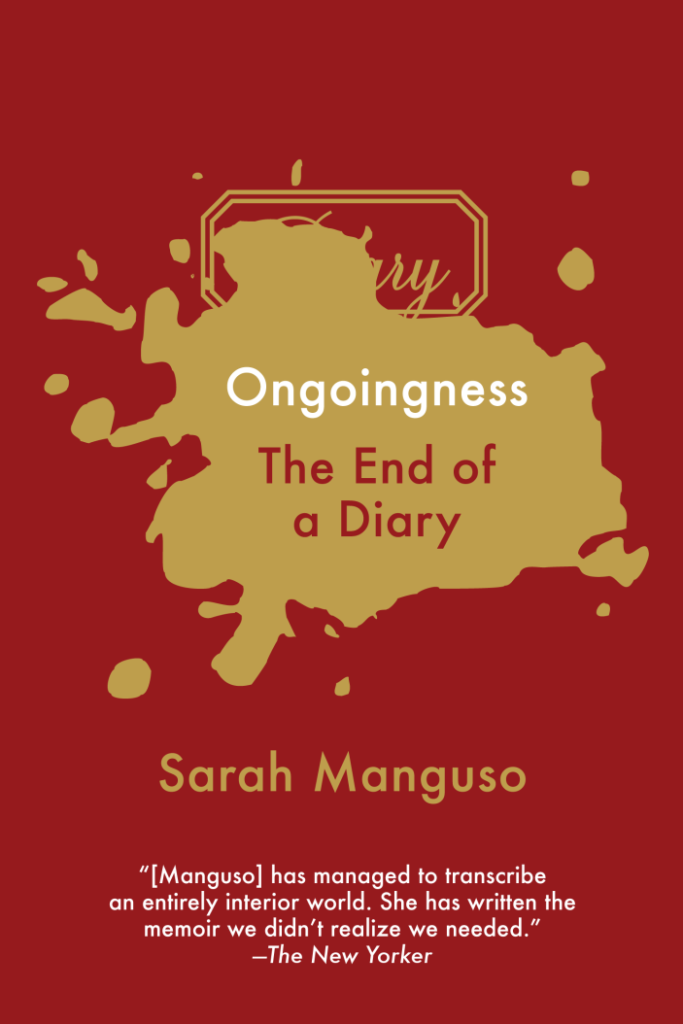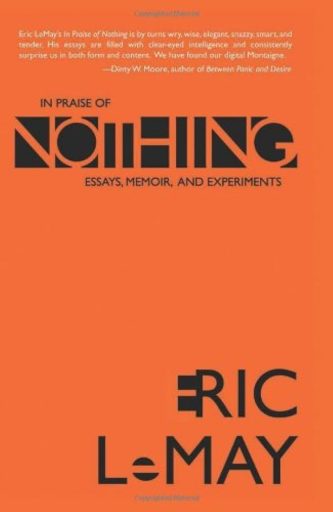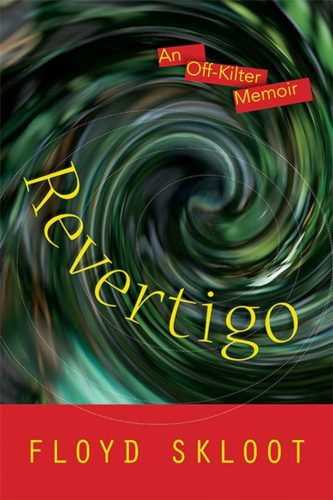By Elizabeth Dark
Feverland: A Memoir in Shards by Alex Lemon
“EKG,” the prologue to Alex Lemon’s Feverland: A Memoir in Shards, is a one-paragraph list that runs two-and-a-half pages. In it, Lemon records his heart’s electrical activity through a catalogue of the things he “hearts.” The repetition prepares us for a read in which our categories of convenience quit making sense: “I heart the butcher beneath my ribs. I heart it all wrong. I heart no speed limit and flicking my headlights off. I heart swerving beneath the moonlight. I heart the kitchen with the oven baking bread. I heart the midnight inside me, nailholed with starlight.”
And so Lemon sets us up to consider what it would be like if the divisions between head and heart acted as cause and effect. The actual EKG Lemon received became necessary perhaps for reasons related to a brain condition, which led to surgery earlier in his life, but we’re not sure. Quite appropriately, he leaves that vague.
A hybrid of poetry and prose, Lemon’s Feverland reads nothing like a chronological narrative. Rather, it’s a fully choreographed set of movements that, in their abrupt turns, mimic the abrupt moments, episodes, and periods of Lemon’s life. The structure holds true to his fragmented recollections of his fragmented experience, and we sense it could not be told any other way.
He takes us on a visceral journey through his mind, soul, and body as he processes the trauma he’s experienced. As a child, Lemon is molested by an older cousin. As a teen, he has numerous doctor visits and is diagnosed with an ulcer, a hernia, and hemorrhoids. And then as a college student, he undergoes brain surgery to repair a bleeding vascular malformation in his brain stem. The resulting maladies—ranging from numbness, nystagmus, and pain when swallowing, to depression and insomnia—continue into his adulthood. Though they wax and wane, they will likely be with him always.
While these traumas did happen in a particular order, Lemon does not present it so neatly. This strategy works because, ultimately, this memoir is not about what has happened to Lemon, but rather who Lemon is as a result. He is sharing what it is like to resolve the shards of his broken self with the shards of the broken world he encounters.
All I have is imperfection. My bleeding. I know this. Each day it gets harder and harder to face the reality of myself. To be real about what I am. I know this, too. But I can’t keep myself from wanting more, to be better, to be whole.
Through all these body blows, we watch Lemon get up again and again, ever ready to engage the world. At times, he does so recklessly and with rage, other times with hope and love, almost always with self-loathing. But his engagements are thoroughly packed with unquenchable passion: “I want to twist everything out of this life, slurp from it every last drop.”
Rarely, if ever, do these engagements occur without pain, and often this pain is self-inflicted. At times, he longs for it. He writes, “I had to get fucked up to feel something. Anything at all.” He brushes his teeth incessantly until they bled, bites his underarms until they bruise, and cuts his gums with an X-acto knife.
Throughout the book, Lemon interrupts his episodic telling to reflect on warfare and government-sanctioned torture. He wonders why Dick Cheney advocates for such torture, and he has us imagine what it would be like to have a bag placed over our heads and endure electric shock. And, in the midst of these imaginings, he shares that on occasion he would walk around town and observe political protests while wearing a gorilla mask. “Wearing the gorilla mask was sauna hot; it was like trying to breathe with a hand groping your nose and mouth. I loved that suffering, the panicky desire that knotted my chest.”
Other animal imagery works to further his themes. A rat infestation within the walls of his home leaves him feeling useless as a homeowner, husband, and soon-to-be father—a “master of nothing, king of weakness,” and “naked as the day I was born.” In a recurring dream, he is a monkey undergoing brain surgery; a removed chunk comes to life and crawls away. Then there are the tigers and the cockroaches, the chickens and the seahorses. Mixed within these fragments are references to the Iraq War, 911, Hurricane Katrina, California wildfires. Add in historical trivia about Elvis, Rilke, The Big Lebowski, Rodin’s The Gates of Hell, and John Wayne. Include curious facts about the number 33 and the origins and definitions of words like “paranoid” and “pleasure.”
While these sharp shifts can leave us feeling somewhat whiplashed at times, Lemon sprinkles among the chapters a recurring section, “Migrants in a Feverland.” In these sections, we meet Lemon as a third-person character in different stages of his life. At first, he is “the kid,” then “the sick boy,” and then “the lost man.” In the second half of the book, he becomes “the writer,” “the husband,” “the professor.” These characters serve as dramatic reminders that we are watching a man migrate through “Feverland.” He makes his condition a vast geographical location, but, ultimately, he is not wandering through it aimlessly.
We began Lemon’s first chapter with his heart’s EKG, and we begin his last chapter with his brain’s MRI, or as he terms it, “my head cage.” This is Lemon’s sixth MRI; during the one-hour procedure he works to be completely still, but he suffers claustrophobia. He tries to focus in on the music he’s chosen, Johnny Cash’s “A Boy Named Sue.” As the momentum builds, Lemon’s thoughts race, and he panics. Cash screams, “NOW YOU GONNA DIE!” To get the technician to let him out, Lemon squeezes the call button so hard he breaks it.
The remainder of this last piece is divided into more song titles, a mixtape in which Lemon revisits a handful of his migrant states through short vignettes. We are reminded of the naive, curious spirit of his childhood, the reckless and primal adventures of his early adulthood, and then his desperate attempts to do things right after becoming sober.
Other than the MRI, very little mention is made of his physical maladies here, and the final vignette—after the title of the song, “Keep It Between the Lines,” by Sturgill Simpson—offers us a quiet scene at home with his family. His son Felix is off playing Legos in another room, his wife is taking a shower, and Lemon is having tummy-time with his four-month old daughter, Alma. It is idyllic, but he is stifling a cry and fighting his mind.
I am sweaty, just in from pruning the peach and plum and fig trees, but, for all the old reasons, I am sad and scared. It’s a struggle to be around anyone today. It’s a struggle to speak kindly, act from a place of love, be a good partner and father. On days like this, I do not like the man that I am.
To snap out of it, he calls to his son Felix in the other room, “Guess what?” and his son responds, “I know, Dada. Same brain!”
In this scene, Felix claims that since they have the “same brain,” he already knows the answer to his father’s “guess what.” Considering what Lemon’s brain has put him through, it’s troubling to imagine his son’s sharing any part of his brain with him, but at the same time, it offers Lemon hope. Perhaps the self-loathing isn’t inevitable. Father and son banter lightly back and forth, and then his son says, “That you love me. I know it, right? I know your brain.”
Throughout the book, Lemon sees glimpses of himself in Felix but he’s also awed by the boy’s thoughts, actions, and creations. His observations of his son offer us levity and a possible trajectory. We sense that his young family is becoming his point of reference as he navigates “Feverland”—not only his marvel at and gratitude for his children, but also his responsibility and connection to them.
Early in Feverland, Lemon gives us an image for the raging conflict within.
Pile the years I’ve been a miscreant, the years I’ve mistreated women, on one side of a seesaw and the time I’ve known how to fully love on the other, and the sumo wrestler of my malice would have one end of the seesaw buried in the ground. At the opposite end the small boy of my love would be crying in the air.
Similarly, the weight of the memoir falls on the side of the sumo wrestler: Recurring themes of torture, self-loathing, and destruction are abundant. But Lemon’s occasional accounts of warmth and goodness—be they an account of an old friend patiently reminding him how to best labor with his hands through a barn renovation project or a replaying of his first nervous encounter with his wife on a bus or a quick memory of his playful mornings drawing monsters with his son—assert that the slightest gestures of love arm him to do battle with despair.
Lemon writes, “No matter what antidepressants I’m on, no matter how many times a week I get my head shrunk, I’m not sure that fear and darkness will ever recede. Not fully.” But then he returns to the image of the boy, the sumo wrestler, and the seesaw, and there’s a power shift: “The little boy slid down the seesaw and began walking toward the giant man. He wrapped his frail arms around the enormous belly. It is unquenchable, this love.” The identity of the seesaw boy becomes both Lemon as a child and Lemon’s son Felix. They morph to become one and the same (“The same brain!”), and they extend grace and love to the giant sumo monster.
Milkweed Editions
$16.00 Paperback | $9.99 eBook | Buy Here!
Elizabeth Dark’s essays have been published in journals like Ruminate Magazine, Curator, and Blue Bear Review. Her essay “If You Want It to Last…” received second place in Ruminate Magazine’s 2015 Vandermey Nonfiction Prize. Since completing her MFA in Creative Writing at Ashland University, she has enjoyed teaching writing courses, working at an independent bookstore, and reading to her heart’s content. Elizabeth is Associate Director of Programs at the Kenyon Review.






